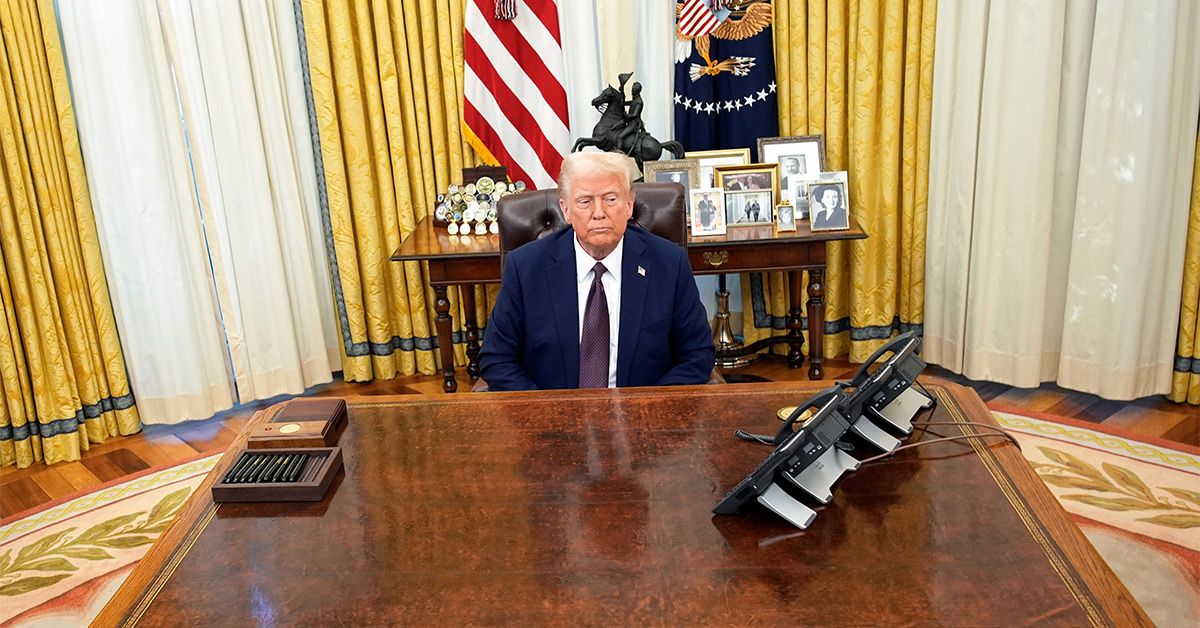Health
Some Federal Health Agencies Resume Public Communications Halted by Trump

The Trump Administration’s Pause on Federal Health Communications
In January, the Trump administration made a significant decision to halt public communications from key federal health agencies, including the CDC, FDA, and NIH. This move, while temporary, has sparked concern among health experts and advocates who worry about the potential risks to public health, especially amidst a surge in respiratory viruses and the bird flu outbreak. The pause was intended to align these agencies with the administration’s agenda, but it has left many questioning the balance between political transition and health communication.
The Scope of the Communication Pause: What’s Included and Exceptions
The pause encompasses various forms of communication, such as press releases, social media updates, and website posts. However, the HHS has emphasized that critical health and safety information will still be shared. For instance, the FDA continues to update its recall list, and crucial drug warnings are still being posted. Despite these exceptions, the broader communication freeze has caused uncertainty, particularly regarding the removal of DEI language from CDC webpages, which some view as a step backward in inclusivity and public health outreach.
A Delicate Balance: Public Health Needs vs. Political Transition
Temporary communication pauses during political transitions are not unusual, but they typically occur before a new administration takes office. Critics argue that continued silence post-inauguration may signal a broader shift in how health information is managed politically. The stakes are high, as federal agencies play a crucial role in safeguarding public health. The current pause has isterrupted this flow, raising concerns about the timely dissemination of vital information during health crises.
Expert Concerns and the Potential Impact on Public Health
Health experts like Dr. Richard Besser and Dr. Monica Gandhi have voiced their concerns. Dr. Besser, former acting director of the CDC, emphasized the risks of halting communication, particularly during outbreaks. Dr. Gandhi highlighted the disruption at NIH, where grant reviews and meetings have been paused, affecting research and trials. Both experts agree on the necessity of swift communication in public health, urging the administration to lift the pause to prevent further chaos and risk to health.
The Resumption of Some Key Reports and Ongoing Uncertainty
Despite the pause, some critical communications have resumed, such as the CDC’s Morbidity and Mortality Weekly Report (MMWR), which is vital for tracking diseases and informing public health decisions. However, uncertainty remains about which communications are still paused. This ambiguity leaves health professionals and the public in limbo, underscoring the urgency of resolving the situation to ensure continued trust and preparedness in public health efforts.
Looking Ahead: The Broader Implications for Public Health and Science
The implications of this communication pause extend beyond the immediate health concerns. It reflects a broader challenge in maintaining the integrity of scientific communication amidst political shifts. Health experts and advocates hope for a swift resolution, emphasizing the importance of transparent and timely information in protecting public health. As the situation evolves, the focus remains on ensuring that public health agencies can communicate without unnecessary barriers, safeguarding the well-being of the nation.